Poems Archive
The Poetics of Body Positivity
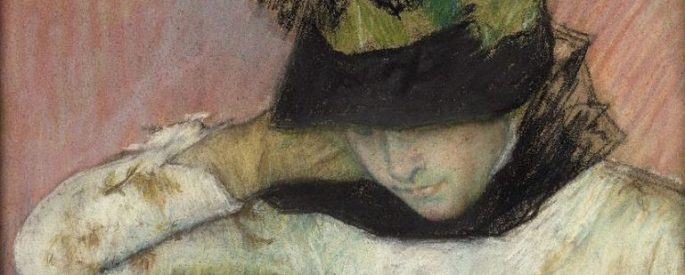
My earliest memories of the poetic representations of other cis women, like me, were highly sexualized. It seemed that women’s bodies, rather than the women, were (cis male) poets’ muses.
Generosity as a Social Justice Reading Practice
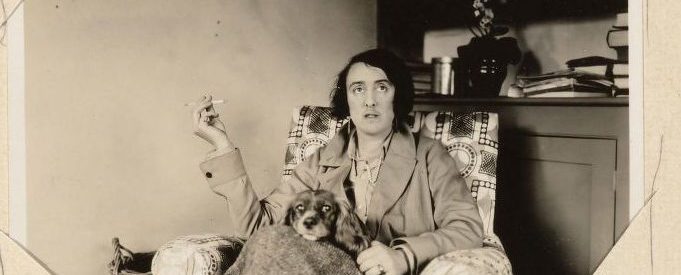
There are a number of practices and resources that can encourage the practice of reading generously or introduce one to new writers.
Planetary Poetry
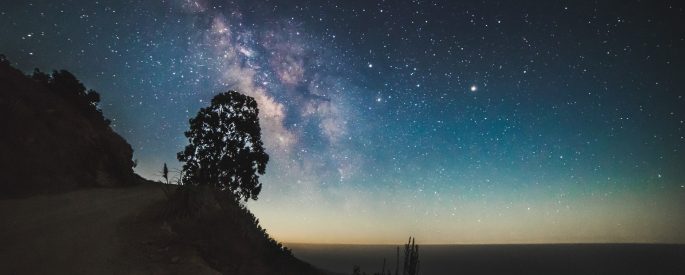
It’s a comet, no it’s a planet, no it’s not a planet, yes it is. What is it about Pluto that so draws us to it? Is it that Pluto is so far away? Or is it just that we always pull for the underdog? Over the past few
“I really wanted to just drive and talk with someone”: An Interview with John Gallaher

John Gallaher’s book-length poem In A Landscape has the feel of a long, wide-ranging conversation with an old friend. It’s like one of those cross-country car ride conversations when there’s time to talk about anything and everything: the tiny details of day-to-day living and the meaning-of-life questions that keep
Words of War: Poetry and Trauma
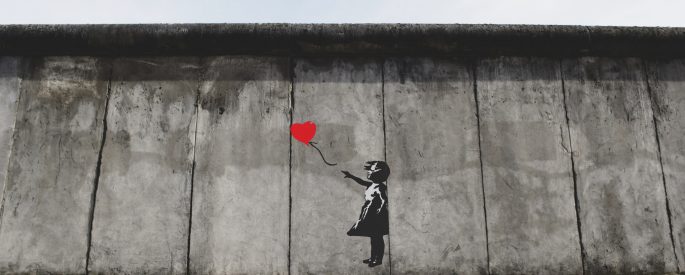
“All a poet can do today is warn,” Wilfred Owen wrote during World War I. If one view of poetry holds it up as something filled with beauty or romance, the truth is that poetry found its first place more in images of violence and war—think of The Odyssey,
Preserving Intent: What’s Lost in the Cinematic Translation of Mrs. Dalloway
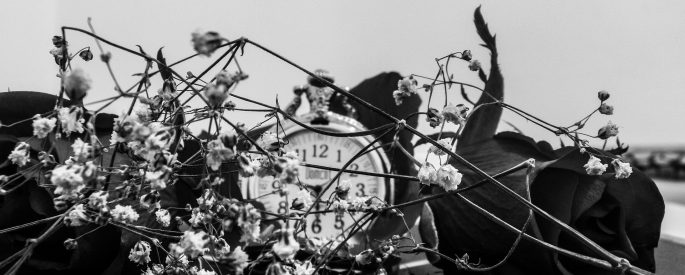
I like to follow up my reading of a text with its cinematic counterpart. After finishing Virginia Woolf’s Mrs. Dalloway, I rented the DVD of the same name with great anticipation. But after the credits rolled, I was unsatisfied: while the cinematic version of Woolf’s novel provides a touching
The Autobiography of the Imagination: Toward a Definition
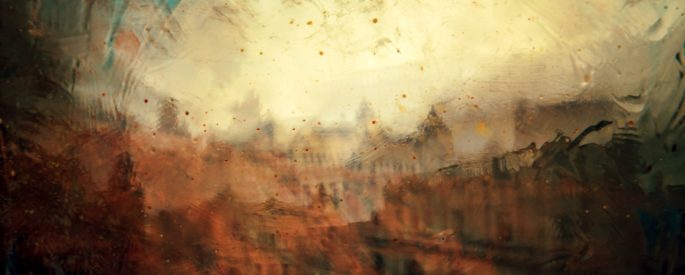
The autobiography of the imagination writes itself, one could say. It writes every time we write, every time we dream or daydream. It is its own captain’s log, the transaction and receipt. It reveals the self to make the self into a stranger, twisting the I to wring out
“What is the name of this monster? Poetry….”
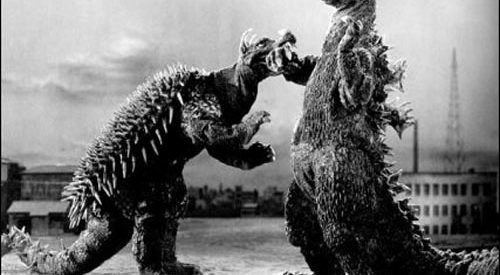
In his excellent zombie novel, Zone One, Colson Whitehead writes: “We never see other people anyway, only the monsters we make of them.” This sentence encapsulates one of the novel’s themes, but it can also be applied to a current trend in poetry which brings monsters to the
“Unexpected Brightness”: An Interview with Elaine Sexton

Elaine Sexton’s poems are active, nimble, curious—they often seem to be trying to solve a problem or puzzle out the right words to describe our too-often wordless emotions. No wonder her first book is called Sleuth. Elaine’s other books include Causeway and, most recently, Prospect/Refuge. She teaches poetry at
“That Swerve that Takes Me Somewhere Else”: An Interview with Rick Barot
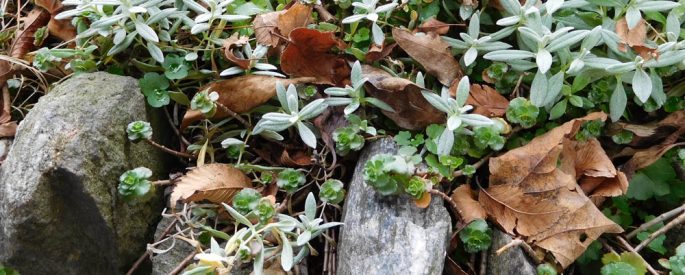
Rick Barot’s poems are assured, finely composed structures in which memory and emotion often take startling, deeply moving turns. He is the author of three books of poems, including The Darker Fall and Want. Rick was born in the Philippines, grew up in the San Francisco Bay Area, and
- 1
- 2